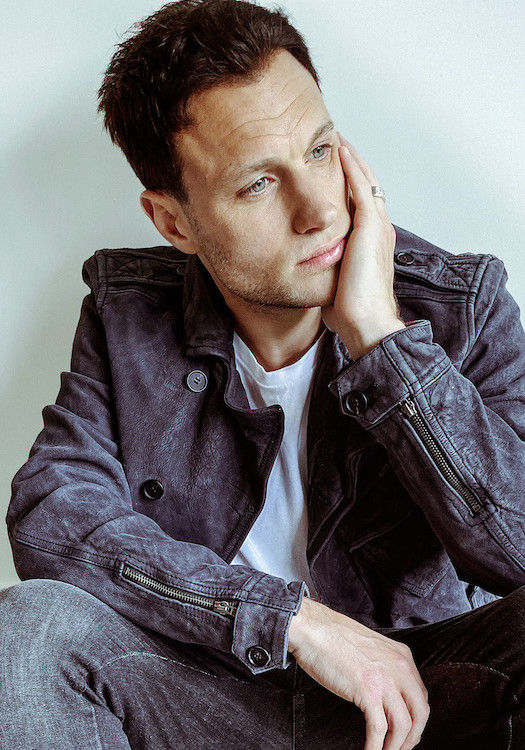Jamie Scott’s songwriting and production prowess has seen him achieve over 65 million streams through working with a massive roster of eclectic talent including One Direction, Niall Horan, Justin Bieber, Rag’n’Bone Man, Adele and many more. During lockdown, the multi- talented creative flipped the creative process on its head and was busy creating an exciting new solo album, surely serving as the pinnacle of his incredible musical journey.
Growing up listening to classic songwriters like Stevie Wonder and Joni Mitchell around the house, it’s really no surprise that Jamie Scott put pen to paper from a young age. A musician, producer and label owner amongst many other things, he only recently decided to launch his own artists career following a series of early solo projects and many years as an accomplished songwriter.
In a conceivable twist of fate, Scott has used the coronavirus pandemic as an opportunity to lock himself away in his home studio and create his sophomore album, How Still The River, in just four to five weeks. He wrote, played and recorded everything himself, while the record features songs he had co-written a number of years ago with some big UK acts such as Birdy and Hurts.
Scott collaborated throughout the mixing process with his longtime friend Luke Potashnick, the ex-guitarist of his old band and a producer in his own right, “but it’s pretty much just me and my studio with a bit of downtime, and of course I’ve done everything remotely,” he reveals.
“Most of the strings and horns have been played by a guy who’s also in lockdown in Sweden - it’s quite amazing what you can do with the technology now.”
The first song he made for the album – New York Nights – was as uplifting to write as it is to the ears. “It’s about the first time I went back to New York with my wife since we had kids,” Scott explains.
“We used to live in LA when I was an artist, and I think that we hadn’t travelled for a long time because we had two kids by then, so it was incredible to go back, just the two of us, and get a little bit of freedom back!”
The first single from the record, Friendly Fire, was selected purely for its sonic quality, and instantly sounded like something worthy of leading the project:
“I think I got a bit carried away with the fact that I had changed it completely, because it was actually a piano ballad that I wrote with Hurts. They didn’t want any more ballads on their record but I loved the song, so I decided to record it myself. Halfway through playing the piano I just told my engineer to stick some drums over it because I wasn’t feeling the vibe, and I started playing a Fleetwood Mac ‘70s groove which was a great fit. I didn’t look back and the rest of the album kind of fell into place really.”
There’s clearly no pressure when someone of Jamie Scott’s calibre as a songwriter decides to release a solo album. With countless hit singles under his belt, it almost feels like more of a labour of love, an organic culmination of his refined songwriting experience and huge reputation in the pop music industry. That being said, a career founded on a pipe dream of being an artist was never going to suffice, and rightfully so.
“I very much just wanted to record these songs to have them,” he says. “People are still streaming my music all the time, and I suppose I also wanted to give those people something different to listen to. Songs you sometimes hear on the radio are unfortunately too perfect, and so having music that’s not so perfect is kind of a cool thing for me. I really relished in the fact that I could just leave a piece of vocal or piano sounding slightly out of tune, a little bit untouched.”
It’s certainly nice to see that after more than a decade in the studio writing for others, Scott is finally garnering the traction he deserves as a recording artist, essentially rediscovering his artistic identity through the lockdown period. Ironically enough, Scott wasn’t interested in becoming an artist when he first started writing, yet was always inquisitive about folk writing and storytelling through music.
He was fluent in most instruments by his early teens, which brought about the desire to experiment and write original material not for himself but for other artists, instantly taking on a deep adoration for the craft.





